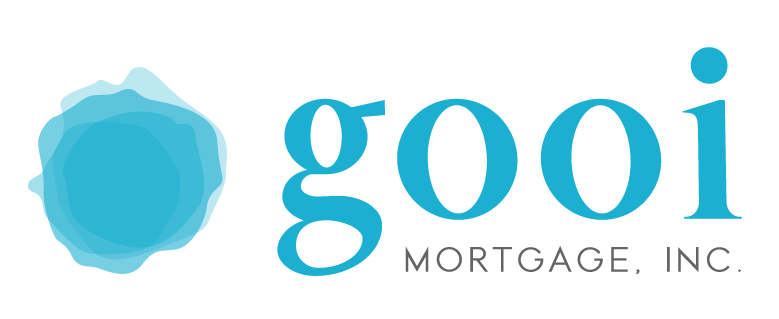The Cost of NOT Training
A former employer once met opposition for suggesting an employee training program. It was too costly, it would take employees away from
their work and what if the employees were trained only to leave the company? My wise and rather candid mentor said that the wrong question was being asked. Instead, what if you don’t train and educate your employees and they stay?
More Complexity = More Risk
As we move into the next cycle of the mortgage industry with rising rates and fewer loans in the pipeline, each transaction becomes that
much more meaningful. A highly trained and educated loan origination team is invaluable to take advantage of opportunities overlooked or mishandled by their competitors.
In the course of our work, we are seeing an increasing number of self-employed borrowers — as much as 45% of our underwriting queue — with complex scenarios, multiple businesses, declining income, fluctuations in year-over-year income and other woes. Add another headache with investor overlays. Not only are these loans harder to process, underwrite and close, but they represent a much higher risk with heightened scrutiny from investors with no sunset on the originator’s liability for the loan.
Take Time to Train
Fortunately, there are educational tools readily available for the loan officer or loan processor who wants to become an expert with
self-employed borrowers. And even the most tight-fisted employer can’t object to the cost as they are either free or a minimal fee. Our mortgage insurance partners offer many courses and training opportunities, taught by people who actually have done the work. The online services that calculate self-employment income can be an aid but should not replace the actual human evaluation of the loan. There are many aspects that need to be reviewed, investor overlays and supporting documentation that must be accounted in the file.
In addition to mortgage insurance companies, Gooi offers an income analysis service performed by our underwriters that allows the
originator to better qualify his/her borrower upfront instead of having to wait until an entire file is put together and submitted to underwriting. A loan officer who is highly skilled in self-employed borrowers increases his value to his borrowers, mitigates risks for his employer, avoids reputational risk for sloppy work and enhances his income.
The upside to lower volumes? You can take advantage of the extra time and made education a priority. It will absolutely be an investment
that pays off.
“Education today, more than ever before, must see clearly the dual objectives: education for living and educating for making a
living.” James Mason Wood
Laura Rosenberger & Michele Teasdale
